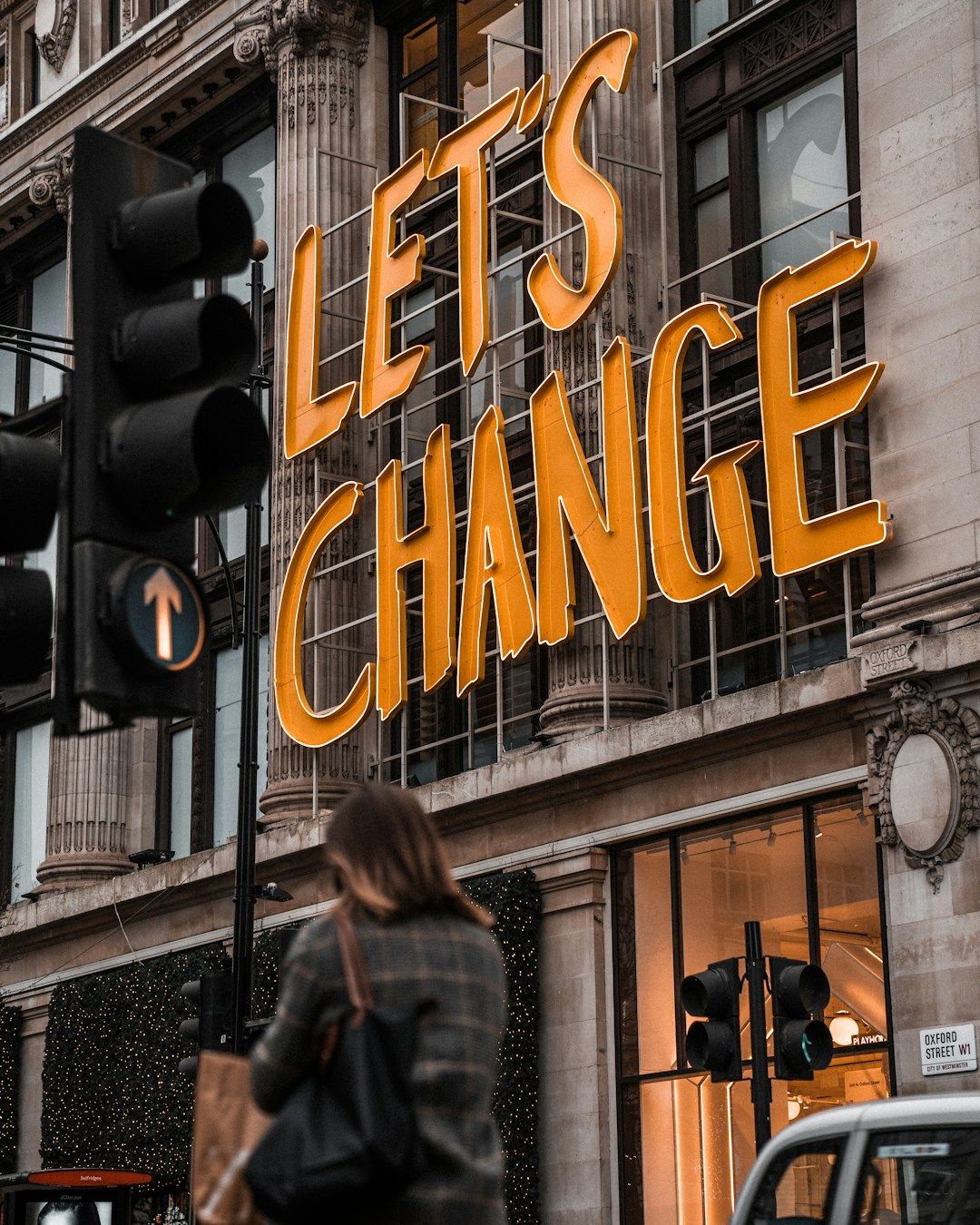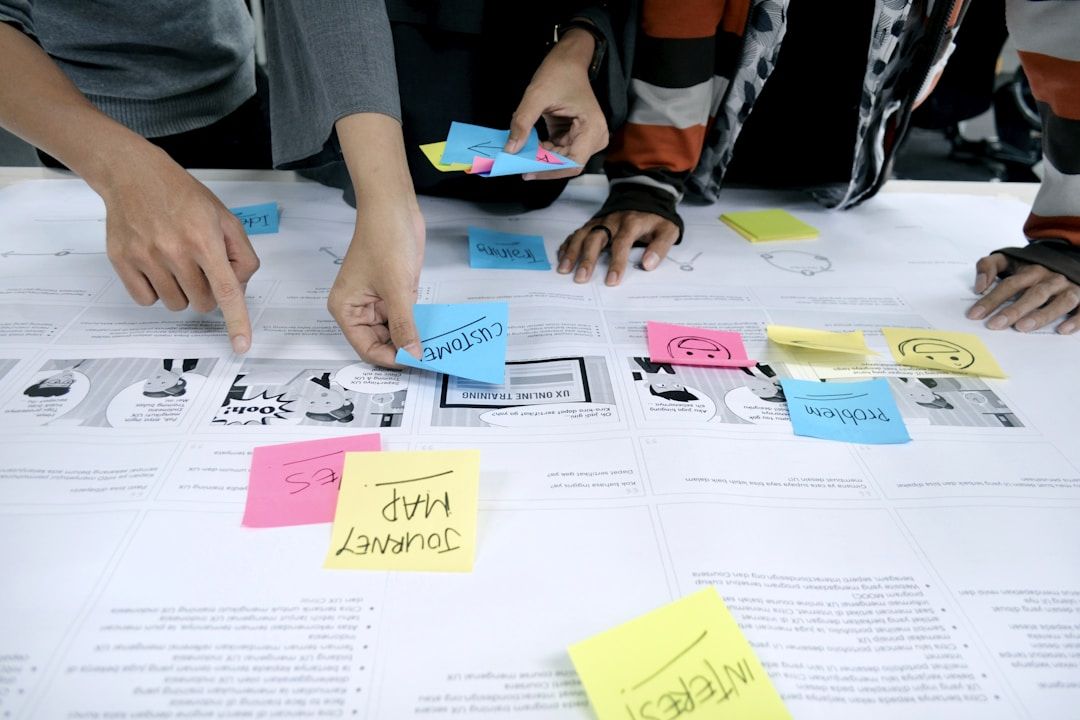Introduction to Behavioral Science and Public Policy Tools
This virtual course equips participants with a strategic understanding of how behavioral science impacts policy design, enhancing outcomes in various sectors including education, healthcare, social norms, gender equality, tax compliance, climate change and more. Discover the World Bank's unique approach and methodologies, developed through our 80 projects in collaboration with 70 partners and across 50 countries. Participants will gain valuable insights into how people think—automatically, socially, and through mental models—and how these cognitive biases influence actions and decisions, ultimately shaping the effectiveness of policies and programs.
-
Duration
2 hours -
Video
5 videos -
Training typology
e-learning -
Community
Social games





What's included?
-
Videos
-
Text materials
-
Assessments
-
Certification
-
Forum discussion
-
Interactive games
Learning Objectives
- Gain a strategic understanding of behavioral science principles as they apply to international development and the creation of policies and programs across various sectors.
- Understand automatic thinking, social thinking, and thinking with mental models; identify examples of how these processes manifest in people’s decisions and actions and how they impact program and policy design.
Who we are looking for
Policy practitioners and researchers eager to apply behavioral science for public policy on development topics.
Meet our core team
Renos Vakis
Lead Economist with the Poverty and Equity Global Practice and Leader the Mind, Behavior, and Development Unit (eMBeD)
Zeina Afif
Senior Social Scientist at the Mind, Behavior & Development Unit (eMBeD)
Laura de Reynal
Behavioral Scientist at the Mind, Behavior & Development Unit (eMBeD)


